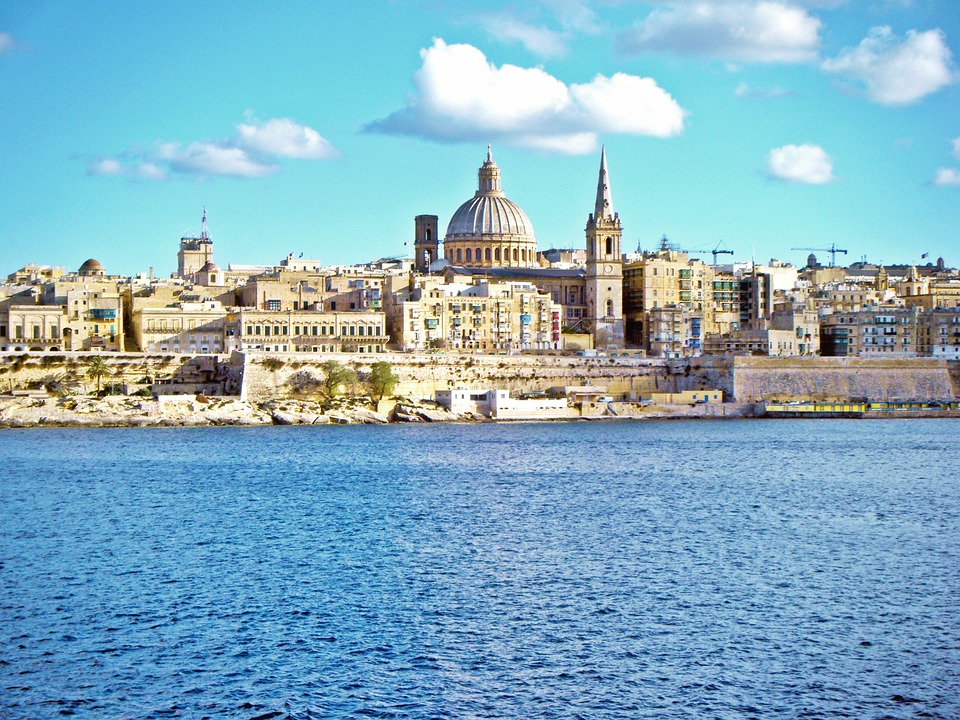Newly appointed Malta Developers Association (MDA) President Michael Stivala has downplayed the notion that the country’s banks are adopting a more conservative approach to the financing of construction projects.
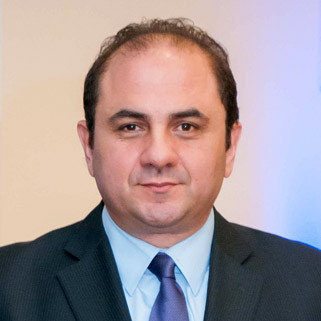
In an extensive interview with BusinessNow.mt, Mr Stivala, who also runs one of the largest groups of companies in Malta, said that banks are actually over-liquified, and that they themselves are approaching developers to offer financing for projects.
He also reported that members of the MDA recently met with representatives of the banking sector, and during the meeting the banks officials did not display a reluctance to invest in construction projects. He said that around 40 per cent of construction projects are being financed by banks.
Aside from his position in the MDA, Mr Stivala leads the Stivala Group, a multi-million euro multi-disciplinary group of companies that includes development arms as well as a leading group of mid-range hotels, ST Hotels Ltd. In terms of major development projects, Stivala Group most recently signed a memorandum of understanding with Townsquare to purchase, develop and sell its 28-storey residential tower in the heart of Sliema.
This places Mr Stivala among Malta’s larger players in the construction and development sector, and it is worth noting that reports from smaller players indicate that receiving financing from banks has become significantly more challenging.
The developer reflects on the financial crisis of 2008, saying local banks did not face the same challenges as foreign ones, in terms of liquidity. He pointed towards the generally tighter financing conditions banks adopted across the board as a response to the crisis, resulting in a majority of projects no longer being financed by banks.
Regarding Malta’s controversial development industry, Mr Stivala gave an overview of the financial side of the sector and spoke of changes it needs to undergo.
Firstly, asked about the overall outlook of the construction industry, especially considering reports that certain projects have failed to get off the ground and have stalled, throwing into question the strength of the industry in general, Mr Stivala was resolute in insisting the sector is healthy, and that it is not a lack of financing that is holding projects back.
Rather, he argued it is bureaucratic processes that have stalled the vast majority of delayed projects, insisting that very few projects which have the relevant permits have not already begun.
This administrative burden of regulation has also seen some projects struggle to gather the relevant skilled staff to effectively fill requirements.
This he said, is reflective of wider difficulties related to staff shortages across the Maltese economy.
The MDA has repeatedly called for the streamlining of planning regulations, however, there are examples of prominent members of the construction industry refusing to comply with even basic rules.
One such example involves Mr Stivala’s brother, Carlo Stivala, who at the start of this year drew widespread opposition and a paltry fine of €50/day for starting works on a protected Balluta building without a permit.
Mr Stivala condemned this infringement in no uncertain terms, but countered that in some cases, developers are working under tight deadlines to complete their projects, and that permit processes need to be streamlined to make compliance viable.
He also discussed the impact of construction on quality of life, acknowledging that construction is inherently disruptive, but stating that the MDA wants developers to consider how to minimise this disruption, including by using the best equipment available on the market to minimise the impact to neighbours.
Additionally, he explained that the MDA is aiming to encourage developers to build more eco-efficient buildings, to cut both their environmental impact and their costs.
State of regulation
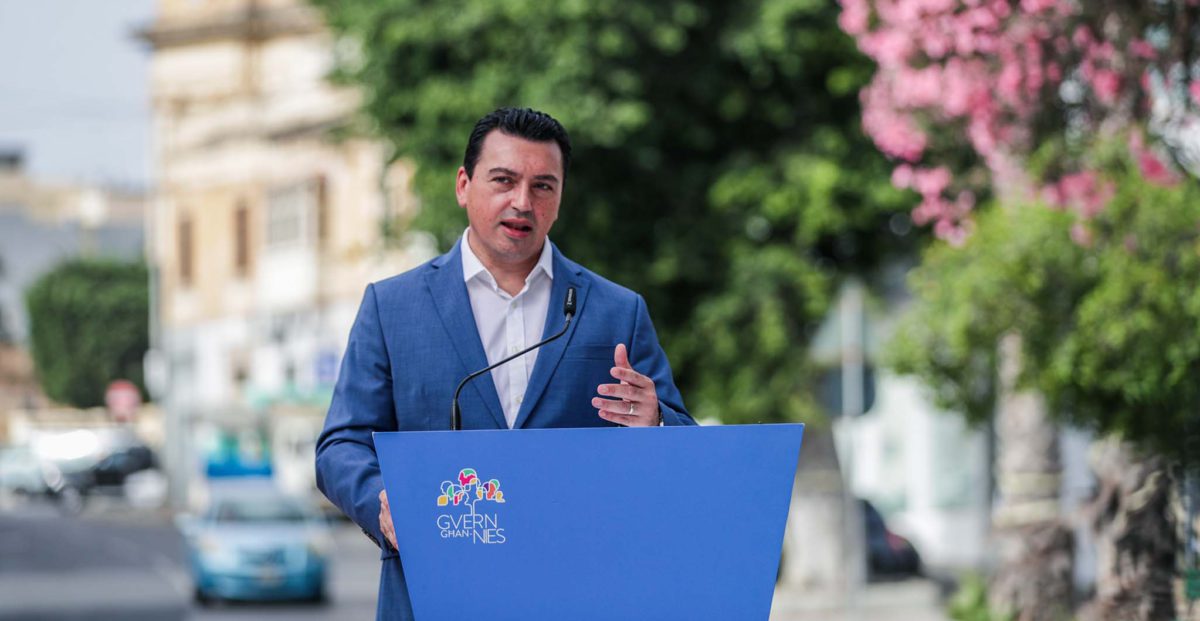
Malta’s planning continues to draw widespread criticism, turning the MDA and the construction industry into a national target, with many criticising the destruction of Malta’s environment and material heritage.
For example, plans for an enormous, €250 million project by db in Pembroke have faced concerted opposition from residents and environmental groups, who argue the project would cause irreversible harm to the area.
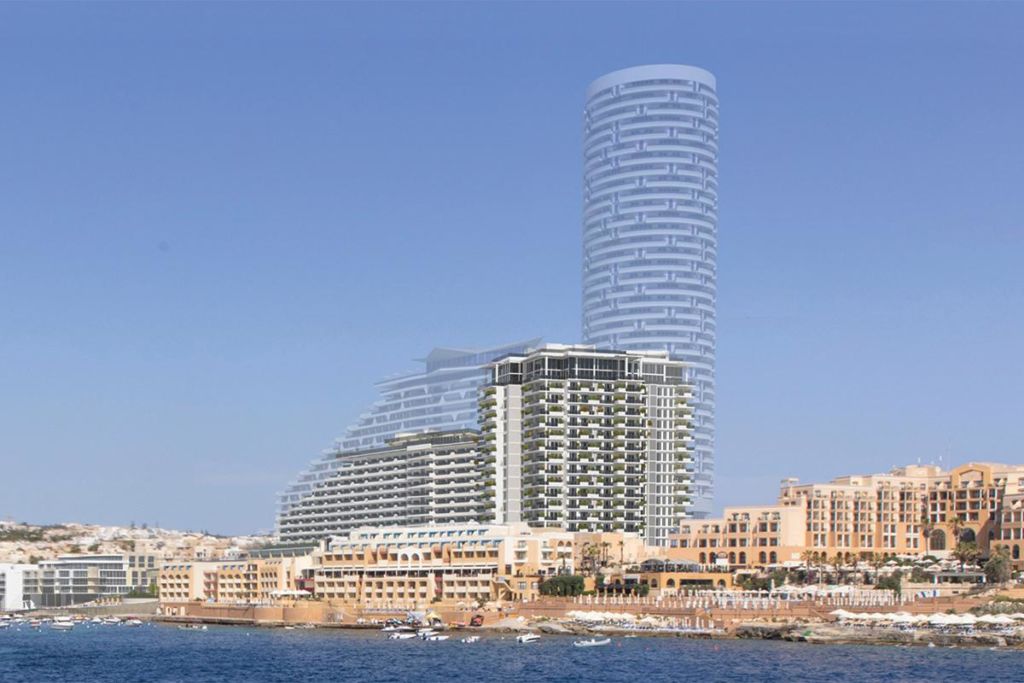
Mr Stivala acknowledged the criticism facing certain major projects but insisted: “It’s not too late for change.”
At the root of the problem, he suggested, are the individual local planning schemes, which need to be overhauled. Under these schemes, controversial projects have been granted planning permission, in line with the local plans.
Of particular note is the role that height plays, dictated by these same local planning schemes, which have paved the way for the development of high-rise buildings.
Mr Stivala does not believe that the outrage some of these projects face is well placed, instead arguing that detractors launch their opposition too late, to specific plans, rather than to the frameworks they comply with.
“When the developer buys land and applies for planning permission then gets criticised, even though his project is being planned in line with local plans, it doesn’t make sense,” he said.
Looking to the future more broadly, Mr Stivala warned that there needs to be better forward planning to consider how Malta will look in 20 to 30 years’ time.
For major projects and the broader construction industry, having long term plans is especially important, as projects cannot face constant changes in regulation.
As such, Mr Stivala and the MDA are calling for an overhaul of Malta’s planning strategy, but he said these changes need to wait until after the upcoming election.
The new plans need to be properly discussed, with consultation held between stakeholders, experts, politicians and residents.
“We want a way forward which attracts a consensus,” the president argued, adding that as these are long term plans that will last over one legislative term, it needs to be ensured that the strategy will not be altered as soon as a different party comes in.
Minimum wage proposal
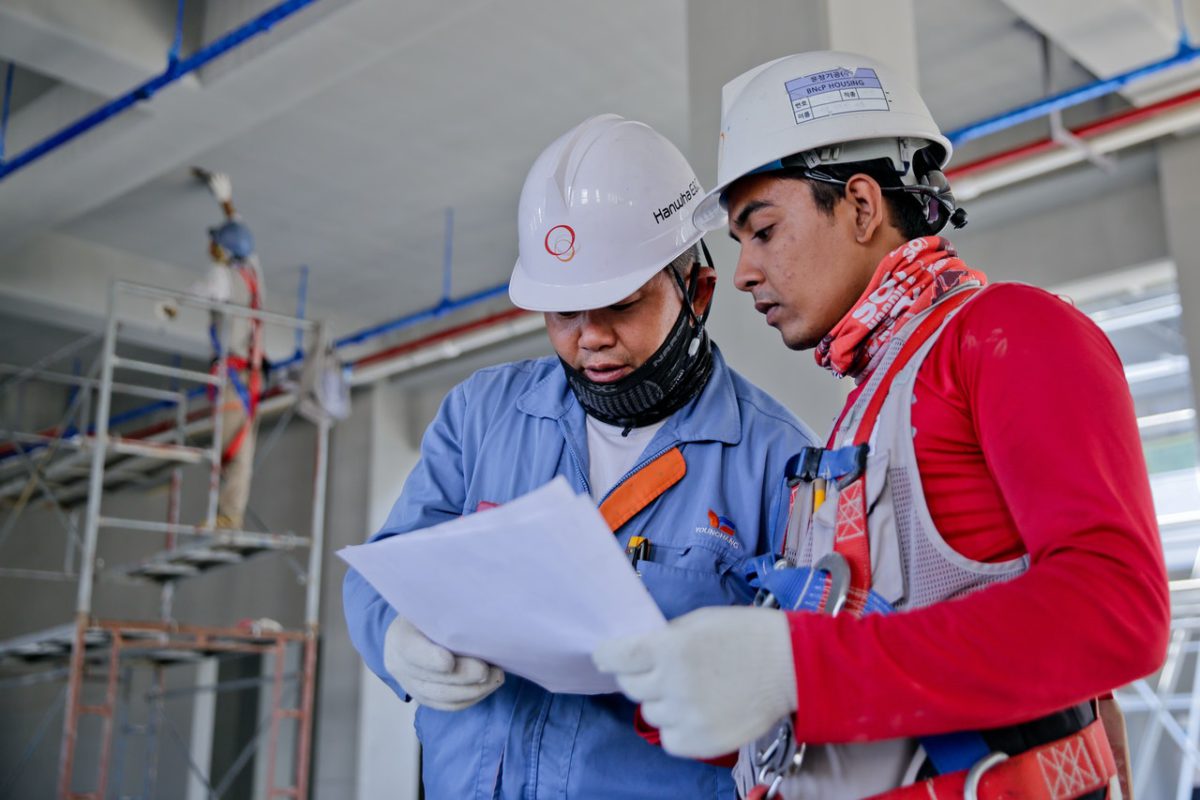
One proposal of the MDA, ahead of the election, targets the workforce by calling for the introduction of a higher minimum wage locally, of €1,000 monthly, up from less than €800.
The inevitable strain this would place on Malta’s employers would be offset by tax cuts for businesses depending on the number of people they employ, with smaller entities eligible for larger tax breaks.
Mr Stivala reported that there is something of a consensus among economic bodies that a pay rise for Maltese workers is long overdue, as “the Maltese workforce deserves a decent living wage.”
He rejected the counterargument that some businesses would no longer be viable if they had to pay staff the higher rate, asking what a business that pays employees less than that could possibly have to offer to the wider economy.
In the construction industry, he insisted that staff are paid above minimum wage generally. He pointed out that given the staffing shortage, the construction industry must pay enough to attract staff.
Government introduces mandatory physical inspection for vintage vehicle classification
From 1st September 2025, vehicles seeking vintage status must undergo a physical inspection by the official classification committee
Local filmmakers paid just €250 to screen at Mediterrane Film
The figure stands in stark contrast to the estimated €5 million total spend
Malta International Airport closes in on one million passengers in June
Meanwhile, aircraft traffic movement rose by 4.5 per cent year on year


